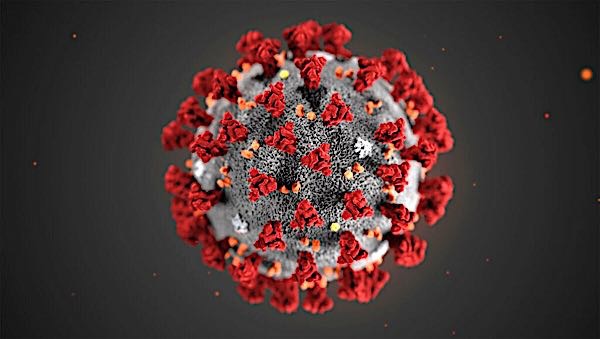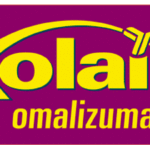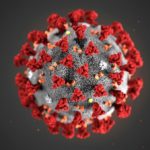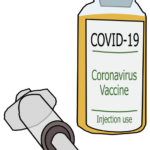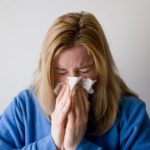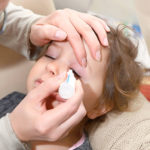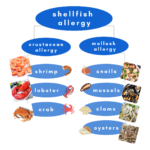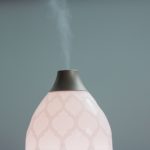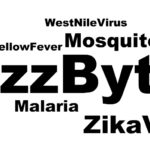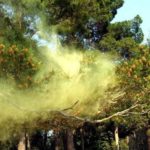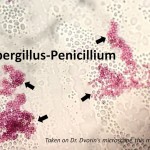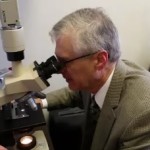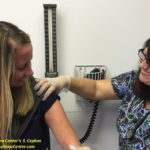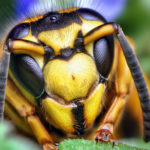TRIPLENDEMIC: RSV, COVID-19 or Flu
We are currently experiencing concurrent emerging cases of RSV, COVID-19, and influenza virus causing acute respiratory symptoms in children and adults.. Flu cases started earlier than usual this season and there is an increased number of cases of respiratory syncytial virus infection commonly known as RSV with new COVID-19 Omicron subvariants. COVID-19 in the meantime is starting to increase with increasing trends of admissions and hospitalizations throughout most parts of the country. These viruses will continue to spread as we head into the winter. Fortunately, for the past two years, RSV and flu have been less problematic as people had observed masking and social distancing decreasing the rate of transmission. Therefore, lack of exposure over the past two years has left most people, particularly children, with lower levels of protection and more vulnerable to the current respiratory virus season. In addition, there has been a relaxation of COVID-19 precautions, so transmission of respiratory viruses will continue to increase for all three viruses as we head through the winter months.
How do I know if I have RSV vs COVID vs Flu?
The symptoms of RSV, COVID, and influenza can be very similar, making it difficult to make a clinical distinction between the three. With RSV, COVID, and flu, people can experience cough, sore throat, fever, and runny nose. You can test for COVID at home with COVID antigen tests whereas testing for influenza and RSV must be done in a health facility. Home assays for FLU & RSV have not been developed yet.
What are the health risks of COVID vs Flu vs RSV?
Those who are at greater risk of having serious disease from RSV, COVID, and flu (influenza) includes the very young and very old as well as those who have certain underlying health conditions. Symptoms can progress quickly and spread throughout the household making it difficult for work and school attendance and following normal routines. Even mild infection with COVID can lead to longer term symptoms called long COVID that can produce issues with brain fog, extreme fatigue and palpitations of the heart.
Are there vaccines for COVID vs Flu vs RSV?
There is not yet a single vaccine for COVID, flu and RSV. There is a standalone COVID vaccine and a standalone flu vaccine. There is no vaccine for RSV.
For COVID, there is an updated bivalent COVID vaccine that recently became available for those who are 5 and older and who have already gone through primary COVID monovalent vaccinations. For the flu vaccine, this year, there seems to be a good match between what we are seeing currently in terms of the dominant influenza strain H3N2 and what is covered in this year’s influenza vaccine, which means that the flu vaccine will be effective in helping reduce the severity of flu symptoms.
There are several forms of the influenza vaccination that can be obtained depending on your age, previous reactions to preservatives, and preference for route of administration. It usually takes two to three weeks to develop an immune response to the vaccine, so it is recommended that people get vaccinated if they have not received their influenza vaccination at this time. Influenza cannot only cause acute respiratory symptoms in the nose and the chest, but can lead to more severe infection and in some cases death. At this time, it is difficult to determine whether the influenza season will result in more severe cases resulting in hospitalization and death, however, vaccine protection would help decrease the chance of severe outcome.
What is RSV? Is there a RSV vaccine?
RSV infections are due to a virus that infects the respiratory tract and typically causes a mild cold like syndrome in most older children and adults, but can be very dangerous and deadly in very young children, particularly babies under 1 and in the elderly. An RSV vaccine is currently not available, but is being developed in the United States. The only way to establish immunity to RSV is really through an infection. Since the COVID pandemic, RSV cases dropped off makes young children less likely to have developed immunity from past infection. The virus typically will circulate this time of the year throughout the winter and young children who have not been exposed are being hit now and causing dramatic increase in hospitalizations in pediatric hospitals.
What can you do to decrease your chance of getting sick from RSV, COVID, and flu (influenza)?
To reduce your chances of getting sick from RSV, COVID, or the flu, it is important to get fully vaccinated to the flu (influenza) as well as COVID-19, particularly the bivalent booster that is currently available that protects against the currently circulating Omicron variants. In addition, to prevent transmission of all viral illnesses, hand washing, coughing or sneezing into your elbow is important to prevent transmission, wearing a mask is appropriate in public settings and staying home if you are symptomatic to recover quickly and prevent transmission rates. Improved ventilation in indoor environments also will help decrease transmission rates. In cases where symptoms seem to be progressing particularly in young children and adults, antiviral therapy or monoclonal antibody therapy may still be appropriate for patients who have acute COVID to prevent progression to severe infection or development of long-term COVID symptoms. Supportive therapy for any other respiratory complications may also be required in cases of influenza, COVID or RSV. Antiviral therapy for influenza may also be appropriate with the acute onset of symptoms and/or for those who are exposed to individuals with documented acute influenza.
Recent
Popular

